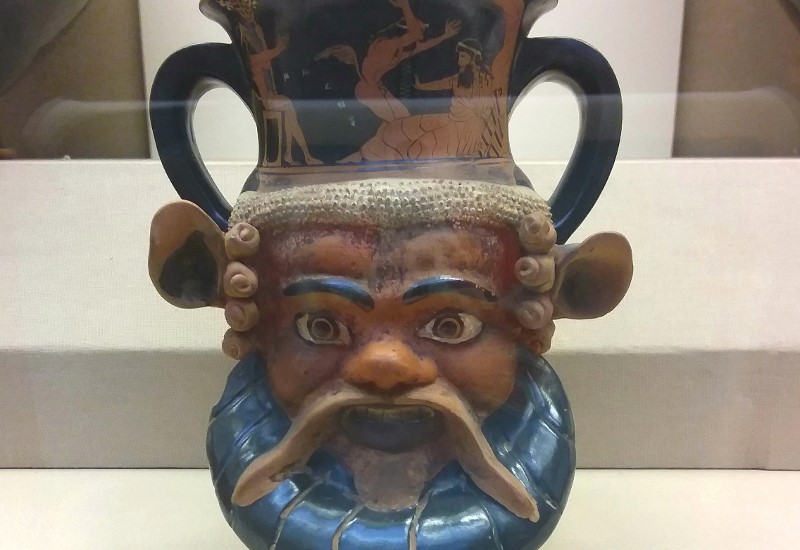A current student at the college recently got in touch to express her thoughts on the new timetable change, active from September 2019, and how it has offered different opportunities.
At The Henley College we look to provide our students with key employability and life skills, such as organisation, responsibility, and time management to name a few. As part of this, we recently introduced a 4 day week for students, in which they would have Wednesdays to use as an opportunity to gather work experience on placements, or carry out volunteer work etc. Not only does this give great exposure to the real working world, it is also a brilliant opportunity for our students to set themselves apart from the thousands of others who will be applying for Universities, Apprenticeships and jobs at the same time.
A current student recently got in touch to express her thoughts on this new timetable from some of its teething issues, the benefits, and how it is helping to open up new ideas and avenues that she would not have been exposed to, had she been at college.
“When The Henley College introduced a four day week for students this September, I was not very happy. One of the reasons for the change was to give students an opportunity for work placements. I, however, study Classics, Ancient History and English, so the chances of getting a relevant weekly work placement were almost nil. Moreover I really enjoy going to college and, by spending all my study periods in the library, can complete all my work, do extra research and still have time to myself in the evenings. I worried that, by having every Wednesday at home, I would not be so self-disciplined. Obviously, there are all sorts of distractions at home which I don’t have at college, so I had intended going in to the college library anyway.
Very soon, however, I realised that, even for A levels like mine, the study-day Wednesdays can be really great – you just need to use them. I have been able to visit lots of museums and galleries, which would have been hard for me to do at weekends when my mum always works. I’ve made a second visit to the British Museum, where I spent hours in just three galleries. My favourite artefact was a kantharos, or drinking cup, with a satyr’s face on one side and that of a lady on the other. As usual, however, I was most fascinated by the ostraca and Vindolanda tablets.
I also went to see our patron, Natalie Haynes, record two episodes of Natalie Haynes Stands Up for the Classics for Radio 4. It was interesting to see how a radio show is recorded, and lovely to see Natalie again. Her stand-up routine made me laugh, particularly when she said that the Romans had tried to use the Vindolanda tablets for firewood, but fortunately they were in Northumberland, where fires tend not to burn very well. Dr. Paul Roberts was there as well and mentioned that some of the Bloomberg tablets were on display at the Ashmolean until January, so we went there the following Wednesday to see them and the rest of the ‘Last Supper in Pompeii’ exhibition. My favourite exhibits were some miniature, clay grave-goods in the shape of food, one of which looked exactly like a Custard Cream – even the museum didn’t know what it was.
This week I went to see the Silchester exhibits at Reading Museum. I think this was my favourite museum; the range of artefacts was huge, everything from a giant wine barrel, to a wooden water pump, drawers of jewellery and the fabled ‘Eagle of the Ninth’. My favourite were the tiles on which people and animals had left foot prints, or written messages, in the wet clay. The whole room was built like a Roman courtyard, with display cases made to look like porticos. There was a reconstruction of a Roman living room, with replica furniture, which I thought was a brilliant way to display a mosaic. It was an exhibition clearly designed to explain life in Roman Britain in the most accessible way. I have been inspired to visit Silchester itself and I intend enquiring about the possibility of working for the museum as a volunteer.
My study-day Wednesdays also have enabled me to go to a Classics application preparation day at Worcester College, Oxford without missing lectures; to represent the college, and in particular Classics and Ancient History, at my old school and to visit the Roman villa at East End which, although now only visible as partially exposed foundations, has an almost complete mosaic floor.
Having the freedom to use my Wednesdays either for college work, reading outside the syllabus, field-trips, entrance exam preparation or even the odd well-deserved lie-in has been really great. I don’t believe I would have been given this freedom if I had chosen to attend a school sixth form where, of course, I would not have been able to study Classics or Ancient History.”
If this learning environment sounds like it would suit you and you would appreciate the opportunity to gather valuable skills, outside of your qualifications, while you study, then don’t hesitate to book onto our next information event (28th January) where you will be able to discover more about the college and all of the opportunities available to you through attending The Henley College.
http://www.henleycol.ac.uk/events/











